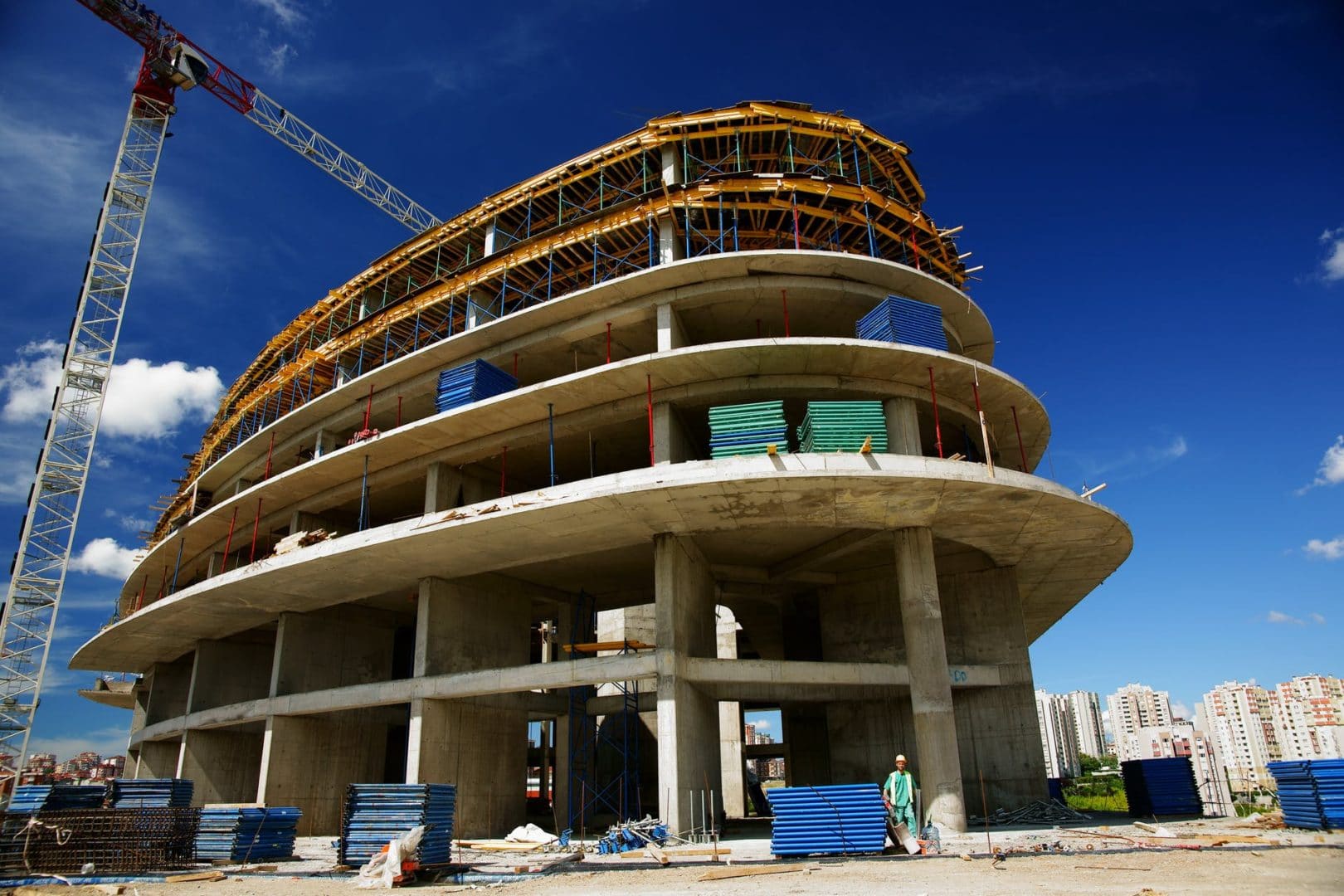The Ministry of Lands and Physical Planning in Kenya recently announced the new guidelines governing the property registration process in Kenya. In this article, we are going to go through the new property registration process in Kenya in details.
Moreover, its worth to note that the new process is meant to simplify the process of registering land and reduce the number of days taken to do so. Initially, the registration process used to make one for approximately 90 days. However, this new system reduces the number of days taken in this process to only 12 days.
The new property registration process in Kenya
The new method is meant to ease the overall process of acquiring and transferring land and property in Kenya. In overall, the registration process has been made to be only three simple steps. Let’s now discuss the steps in details.
Step 1
- The first step is to apply for a land rent clearance certificate. It’s worth to note that this application is only made through the eCitizen platform.
- Then make an application for consent to lease, transfer or charge the piece of land
- In addition to the first two applications, make sure you make an application for valuation for stamp duty assessment.
Step 2
The second step involves visitation of the site to write a report for valuation purposes.
Step 3
Lastly, its the registration of title to land and any other instruments that one may have.
Nb. To facilitate efficient processing of the property registration; it is paramount to fill a unified online application form.
What do I need to register a property in Kenya
Here we will look at the various requirements that one should meet to go through the registration process smoothly.
To make an application for land clearance:
- One should have a filled online application form
- A copy of the title deed of the land
- Also, the land rent payment receipts for the current year. All the payments are made through RTGS transfer and iTax.
Moreover, to make a consent to transfer land, One requires to:
- Have an application letter from registered authorised agent, advocate or owner.
- A copy of the title/search document
The minimal requirements to make valuation requisition are:
- A fully executed original transfer document.
- Copy of the title
- A survey plan/sketch/Map of the location/RIM
Title Registration
The last step requires the following:
- Original stamp duty payment receipt
- A duly executed transfer/charge instrument/inhibition/caveat/lease all in triplicates.
- Certified copies of ID card/KRA pin certificate and CR12 for companies
- An original title document
Why do I need a title deed?
A title deed shows the legal owner of a piece of land or property. However, despite this being the central importance of an owner to acquire a piece of land, there are other reasons. Here are some of the other reasons why one should go through the new registration process.
- A title deed makes a piece of land accessible because dealing with it is more secure.
- Apart from this, there are far few land disputes when people possess title deeds for the land they own.
- Most of the times, a title deed provides perceived security to a piece of land and therefore acting as an incentive to invest in a piece of property.
According to the 2010 constitution, every person in Kenya has the right to either individually or in association with others to own or acquire a piece of land and any other property.
To facilitate the implementation of this right, the government of Kenya established the Ministry of lands and physical planning. The main functions of this Ministry are:
- To offer overall coordination and policy direction of the Ministry
- The Ministry also manages the public property on behalf of the national and county governments.
- Moreover, the Ministry conducts research related to the use of natural resources and land
- Additionally, the Ministry ensures the use of traditional land dispute resolution.
- More importantly, the Ministry offers land registration to those that make applications.
Conclusion
In recent days, there has been an increased interest in owning land and property in Kenya. This has partly been facilitated by the increased number of real estate firms in Kenya that are targeting the middle-class Mwananchi. However, with the increase in demand for land, there have also been many investors crying foul of being conned. It is, therefore, paramount to understand the New property registration process as outlined above.
See image below for a visual breakdown.





